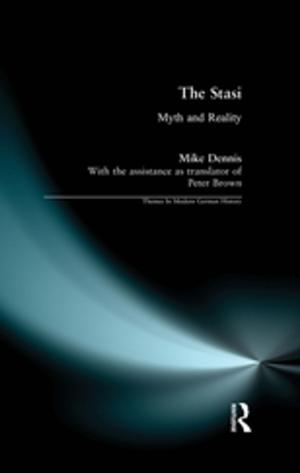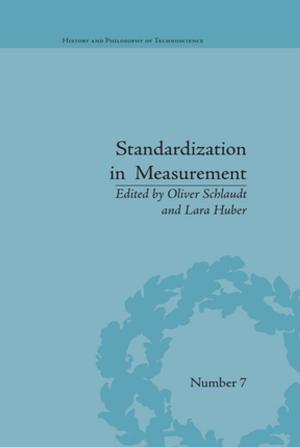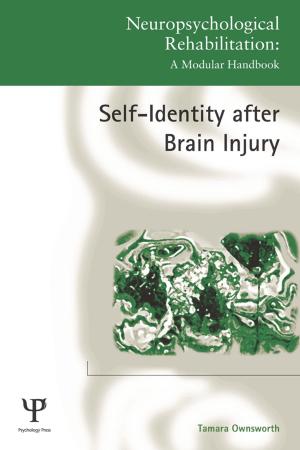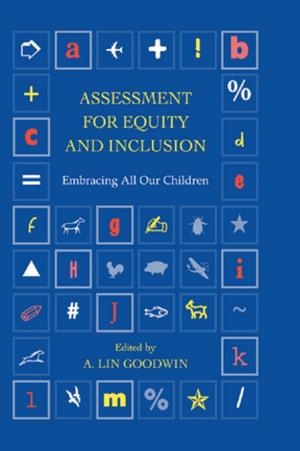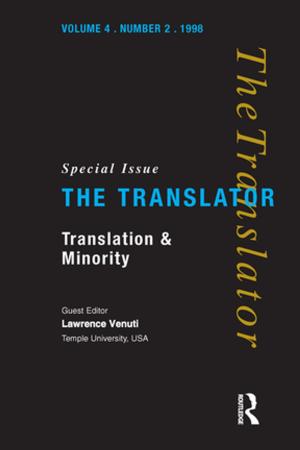Asian Nationalisms Reconsidered
Nonfiction, History, Asian, Asia, Social & Cultural Studies, Political Science, Politics, History & Theory| Author: | ISBN: | 9781317577300 | |
| Publisher: | Taylor and Francis | Publication: | December 22, 2015 |
| Imprint: | Routledge | Language: | English |
| Author: | |
| ISBN: | 9781317577300 |
| Publisher: | Taylor and Francis |
| Publication: | December 22, 2015 |
| Imprint: | Routledge |
| Language: | English |
Nationalism appears to be rising in a renascent Asia and stoking tensions, aspirations, and identity politics while amplifying grievances and raising questions about prospects in what is touted as the Asian century. This book provides a broad overview and introduction to nationalism in Asia. Leading experts in their fields succinctly convey key information and critical analysis useful to students in a range of courses across disciplines.
Part I presents thematic chapters, mostly cross-national studies, that elucidate the roots and consequences of nationalism in these societies and the varying challenges they confront.
Part II presents concise country case studies in Asia, providing an overview of what is driving contemporary nationalism and surveys the domestic and international implications. Approaching Asia from the perspective of nationalism facilitates a comparative, interdisciplinary analysis that helps readers better understand each society and what the ramifications of nationalism are for contemporary Asians, and the worlds that they (and we) participate in.
Asian Nationalisms Reconsidered is an invaluable textbook for undergraduate courses and graduate seminars related to international relations, Asian Studies, political science, government, foreign policy, peace and conflict, and nationalism.
Nationalism appears to be rising in a renascent Asia and stoking tensions, aspirations, and identity politics while amplifying grievances and raising questions about prospects in what is touted as the Asian century. This book provides a broad overview and introduction to nationalism in Asia. Leading experts in their fields succinctly convey key information and critical analysis useful to students in a range of courses across disciplines.
Part I presents thematic chapters, mostly cross-national studies, that elucidate the roots and consequences of nationalism in these societies and the varying challenges they confront.
Part II presents concise country case studies in Asia, providing an overview of what is driving contemporary nationalism and surveys the domestic and international implications. Approaching Asia from the perspective of nationalism facilitates a comparative, interdisciplinary analysis that helps readers better understand each society and what the ramifications of nationalism are for contemporary Asians, and the worlds that they (and we) participate in.
Asian Nationalisms Reconsidered is an invaluable textbook for undergraduate courses and graduate seminars related to international relations, Asian Studies, political science, government, foreign policy, peace and conflict, and nationalism.








